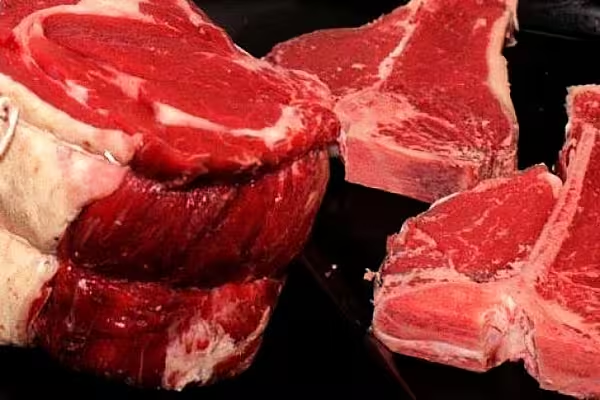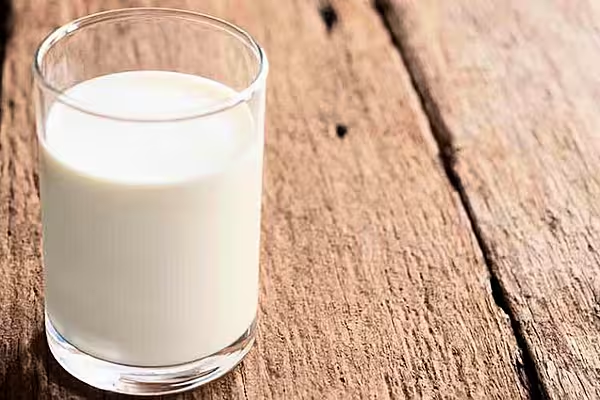Eating processed meats is a cancer hazard, and red meat probably is too, according to the World Health Organisation.
The news adds meat to the list of nearly 1,000 suspected carcinogens that the agency has evaluated since the 1970s. Processed meats, including sausages and bacon, were labelled carcinogenic to humans. Red meat, including beef, pork, and lamb, was labelled probably carcinogenic to humans.
The judgment released on Monday was based on elevated risk of colorectal (bowel) cancer observed in epidemiological studies.
The meat industry lashed out against the decision. The North American Meat Institute called it a "dramatic and alarmist overreach" in an e-mail to reporters. The National Cattlemen's Beef Association noted that the scientists assembled by the WHO did not agree unanimously on the designation, which was settled by a majority vote.
Nutrition experts have long suggested limited consumption of meat and animal products because of concerns over fat and cholesterol. The WHO doesn't make dietary recommendations. The decision may prompt national governments to reconsider meat intake at a time when global beef consumption is rising.
The scientists at the WHO's International Agency for Research on Cancer classify potential carcinogens according to the strength of the evidence, based on epidemiological observations, animal experiments, and other factors. The agency considers whether a substance or activity can cause cancer in humans under some circumstances, but it doesn't render a judgment on what level of exposure might be considered safe.
The designation puts processed meat in the same category of hazard as tobacco. That doesn't mean eating bacon and hot dogs is as dangerous as smoking, as some headlines suggest. It means that, in the judgment of the WHO's assembled experts, there's sufficient evidence to link meat to increased rates of cancer.
Eating an extra 50 grams of processed meat daily increases the risk of colorectal cancer by 18 per cent, the WHO said. While the overall risk is small, it "increases with the amount of meatconsumed," Dr. Kurt Straif, head of the WHO program that evaluates carcinogens, said in a press release.
Meat industry groups that sent observers to the WHO's meeting in France this month where independent scientists considered the evidence criticised the judgment before the designations even became public. Betsy Booren, NAMI's vice president for scientific affairs, said in a statement that the scientists "tortured the data to ensure a specific outcome."
The announcement was published Monday in the journal The Lancet Oncology.
News by Bloomberg, edited by ESM. To subscribe to ESM: The European Supermarket Magazine, click here.














